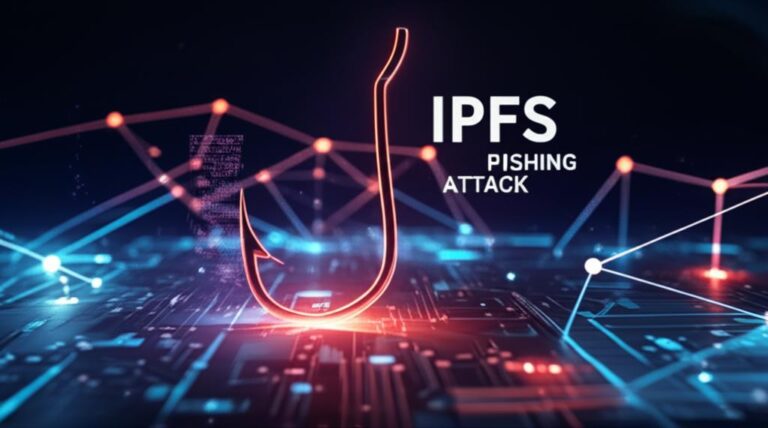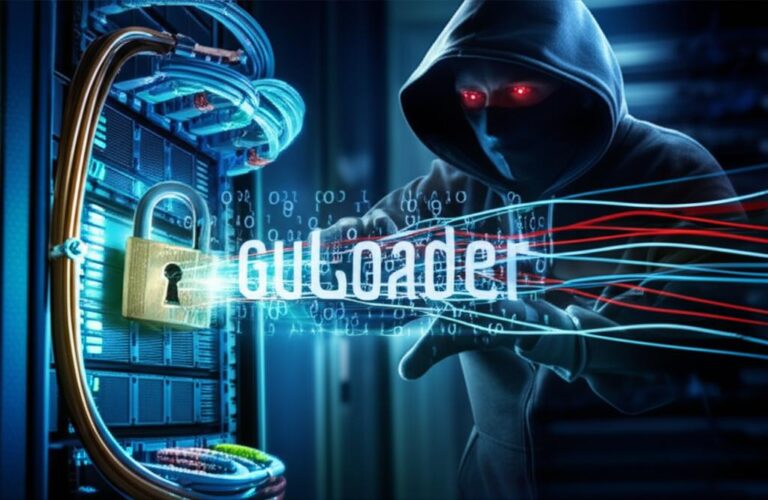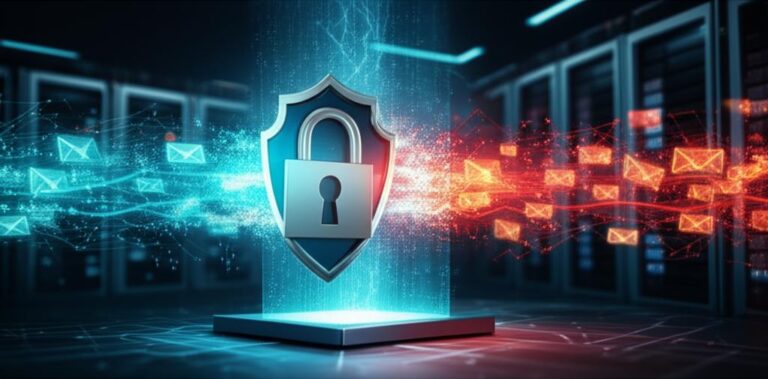Unveiling Crucial Endpoint Encryption: Your Ultimate Data Shield
In an era where digital threats loom larger than ever, protecting sensitive information is paramount for individuals and organizations alike. Data breaches can lead to financial losses, reputational damage, and severe legal repercussions. This is where Endpoint Encryption steps in as a foundational pillar of modern cybersecurity strategies. But what exactly is it, and why is it so crucial?
Understanding Endpoint Encryption: A Critical Shield for Data
Endpoint Encryption refers to the process of encoding all data on a device an “endpoint” such that it becomes unreadable to anyone without the correct decryption key. These endpoints can include laptops, desktops, smartphones, tablets, servers, and even removable storage devices. The primary goal of Endpoint Encryption is to safeguard data at rest, meaning data stored on a device, even if the device is lost, stolen, or compromised.
Without robust Endpoint Encryption, a lost laptop containing sensitive company documents could easily be accessed by an unauthorized individual, leading to a significant data breach. With encryption, the data remains scrambled and useless without the proper credentials, effectively turning the lost device into an inert, secure container.
How Endpoint Encryption Works: The Foundation of Digital Security
Endpoint Encryption operates by transforming plain, readable data (plaintext) into an unreadable format (ciphertext) using complex algorithms and a secret key. When an authorized user attempts to access the encrypted data, the system requires the key to decrypt it back into plaintext. This process is often transparent to the user once authenticated, ensuring a seamless experience while maintaining high security.
Common Types of Endpoint Encryption:
- Full Disk Encryption (FDE): Encrypts the entire hard drive, including the operating system, applications, and all user data. This is typically implemented at the hardware or firmware level (e.g., BitLocker, FileVault, SEDs).
- File-Level Encryption (FLE): Encrypts individual files or folders rather than the entire disk. This offers more granular control, allowing specific sensitive data to be protected without encrypting everything.
- Removable Media Encryption: Specifically designed to encrypt data on USB drives, external hard drives, and other portable storage devices, preventing unauthorized access if these devices are lost or stolen.
- Cloud Data Encryption: While not strictly “endpoint” in the traditional sense, many endpoint solutions extend to encrypt data before it’s uploaded to cloud storage, ensuring data remains protected even in third-party environments.
The Indispensable Benefits of Robust Endpoint Encryption
Implementing a comprehensive Endpoint Encryption strategy offers a multitude of benefits:
- Data Breach Prevention: The most significant benefit is preventing unauthorized access to sensitive data if an endpoint is lost, stolen, or improperly disposed of. This proactive defense is critical for data security.
- Regulatory Compliance: Many industry regulations (e.g., GDPR, HIPAA, PCI DSS) mandate strong data protection measures, and Endpoint Encryption is often a key component in meeting these compliance requirements.
- Data Confidentiality: Ensures that only authorized individuals can access confidential information, maintaining the privacy and integrity of personal and business data.
- Enhanced Mobile Security: With the proliferation of mobile devices, Endpoint Encryption extends protection to smartphones and tablets, which are highly susceptible to loss or theft.
- Secure Data Disposal: Encrypted drives, when wiped, are much harder to recover data from, adding another layer of security during device retirement.
Key Features to Look for in an Endpoint Encryption Solution
Choosing the right Endpoint Encryption solution requires careful consideration of its features:
- Centralized Management: Allows administrators to deploy, manage, and enforce encryption policies across all endpoints from a single console.
- Multi-Factor Authentication (MFA): Adds an extra layer of security by requiring more than one method of verification for decryption.
- Pre-Boot Authentication (PBA): Requires users to authenticate before the operating system even starts, ensuring the OS itself is protected.
- OS Agnostic & Cross-Platform Support: Compatibility across various operating systems (Windows, macOS, Linux) and device types.
- Integration Capabilities: Seamless integration with existing IT infrastructure, such as Active Directory or identity management systems.
- Key Management: Robust and secure handling of encryption keys, including recovery mechanisms.
Addressing the Challenges of Endpoint Encryption Deployment
While invaluable, deploying Endpoint Encryption can present challenges:
- Performance Overhead: Encryption and decryption processes can sometimes slightly impact system performance, though modern solutions are highly optimized.
- Key Management: Securely managing and distributing encryption keys, especially in large organizations, requires robust infrastructure.
- User Experience: Balancing security requirements with user convenience, particularly with pre-boot authentication.
- Compatibility Issues: Ensuring the encryption solution works seamlessly with all existing hardware and software.
Why Endpoint Encryption is Non-Negotiable in Today’s Threat Landscape
As the volume and sophistication of cyber threats continue to grow, Endpoint Encryption has evolved from a niche security measure to an indispensable requirement. It acts as the last line of defense for data, providing critical protection even when perimeter security measures fail. For any organization handling sensitive data, investing in and properly implementing a robust Endpoint Encryption solution is not just an option it’s a critical imperative for maintaining trust, ensuring compliance, and safeguarding intellectual property.
Frequently Asked Questions about Endpoint Encryption
- Q: Is Endpoint Encryption the same as VPN?
- A: No. A VPN (Virtual Private Network) encrypts data in transit over a network, protecting communication. Endpoint Encryption encrypts data at rest on a device, protecting stored information.
- Q: Does Endpoint Encryption slow down my computer?
- A: Modern Endpoint Encryption solutions are highly optimized and typically have a negligible impact on performance. Any slowdown is usually minimal and far outweighed by the security benefits.
- Q: What happens if I forget my encryption password?
- A: Depending on the solution, there are usually recovery mechanisms in place, such as recovery keys or administrator-assisted resets. However, losing all keys without recovery options can lead to permanent data loss.







